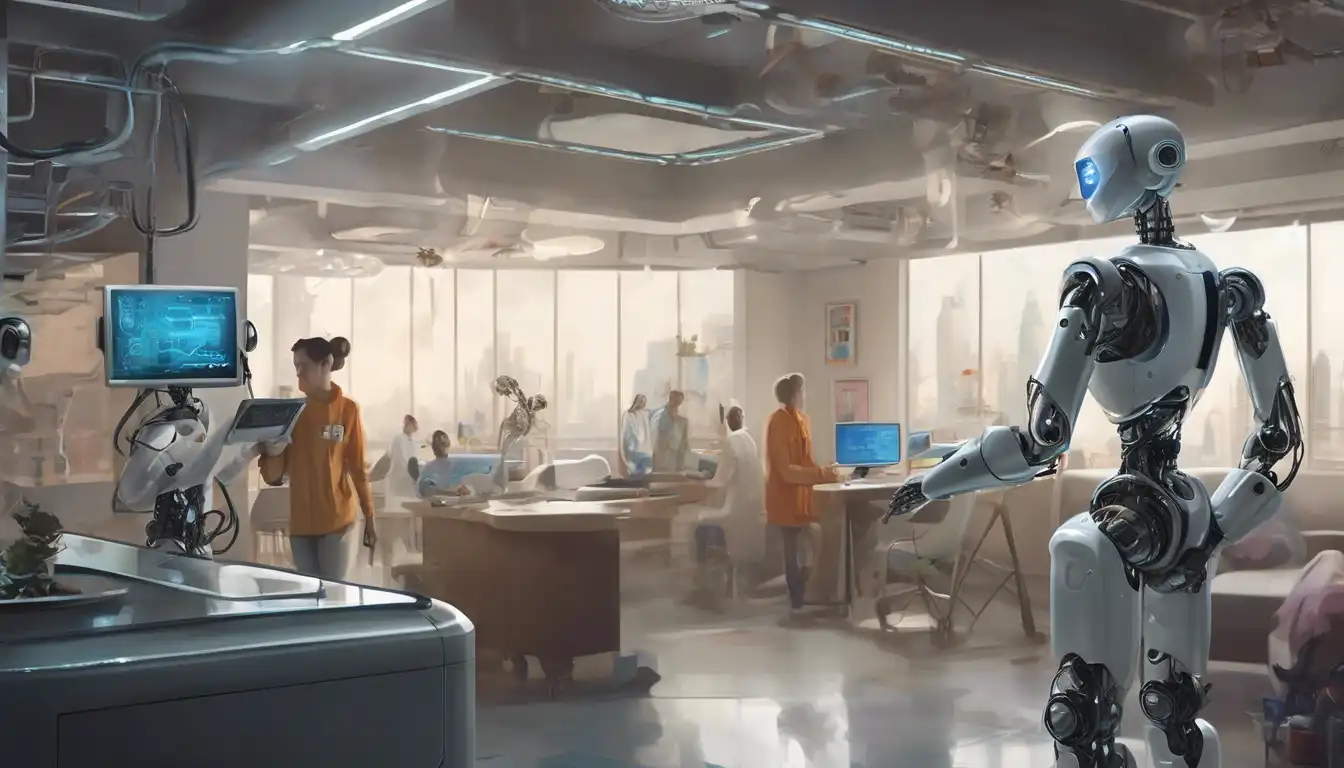The Future of Robotics in Everyday Life
As we stand on the brink of a technological revolution that will fundamentally alter the way we live, work, and relate to one another, robotics is at the heart of this transformation. The future of robotics in everyday life is not just about the automation of tasks but about enhancing human capabilities and creating new opportunities for growth and development.
Robotics in the Home
Imagine a world where your home is not just a place to live but a smart ecosystem that anticipates your needs. From robotic vacuum cleaners that keep your floors spotless to AI-powered assistants that manage your schedule, the integration of robotics into our homes is making life more convenient and efficient. The future promises even more advanced applications, such as robots that can prepare meals or provide companionship to the elderly.
Robotics in Healthcare
The healthcare sector is witnessing a significant transformation with the advent of robotics. Surgical robots, for instance, are enabling precision and efficiency in operations that were previously unimaginable. Beyond surgery, robots are being developed to assist in patient care, rehabilitation, and even in the delivery of medications, ensuring that healthcare is more accessible and effective.
Robotics in Education
Education is another area where robotics is making a mark. Interactive robots are being used as teaching assistants, providing personalized learning experiences to students. These robots can adapt to the learning pace of each student, making education more inclusive and effective. The future may see robots playing a more central role in classrooms, perhaps even replacing traditional teaching methods in some contexts.
Robotics in the Workplace
The workplace is undergoing a radical change with the introduction of robotics. From manufacturing to customer service, robots are taking on tasks that are repetitive, dangerous, or require precision. This shift is not about replacing human workers but about augmenting their abilities and freeing them to focus on creative and strategic tasks. The future workplace will be a collaborative space where humans and robots work side by side.
Challenges and Opportunities
While the future of robotics in everyday life is bright, it is not without its challenges. Issues such as privacy, security, and the ethical use of AI need to be addressed. However, these challenges also present opportunities for innovation and the development of new standards and regulations that ensure the beneficial use of robotics.
The integration of robotics into everyday life is inevitable. As we navigate this transition, it is crucial to focus on how these technologies can be used to enhance human life, rather than replace it. The future is not about humans versus robots but about how we can work together to create a better world.
For more insights into how technology is shaping our future, explore our technology trends section.
